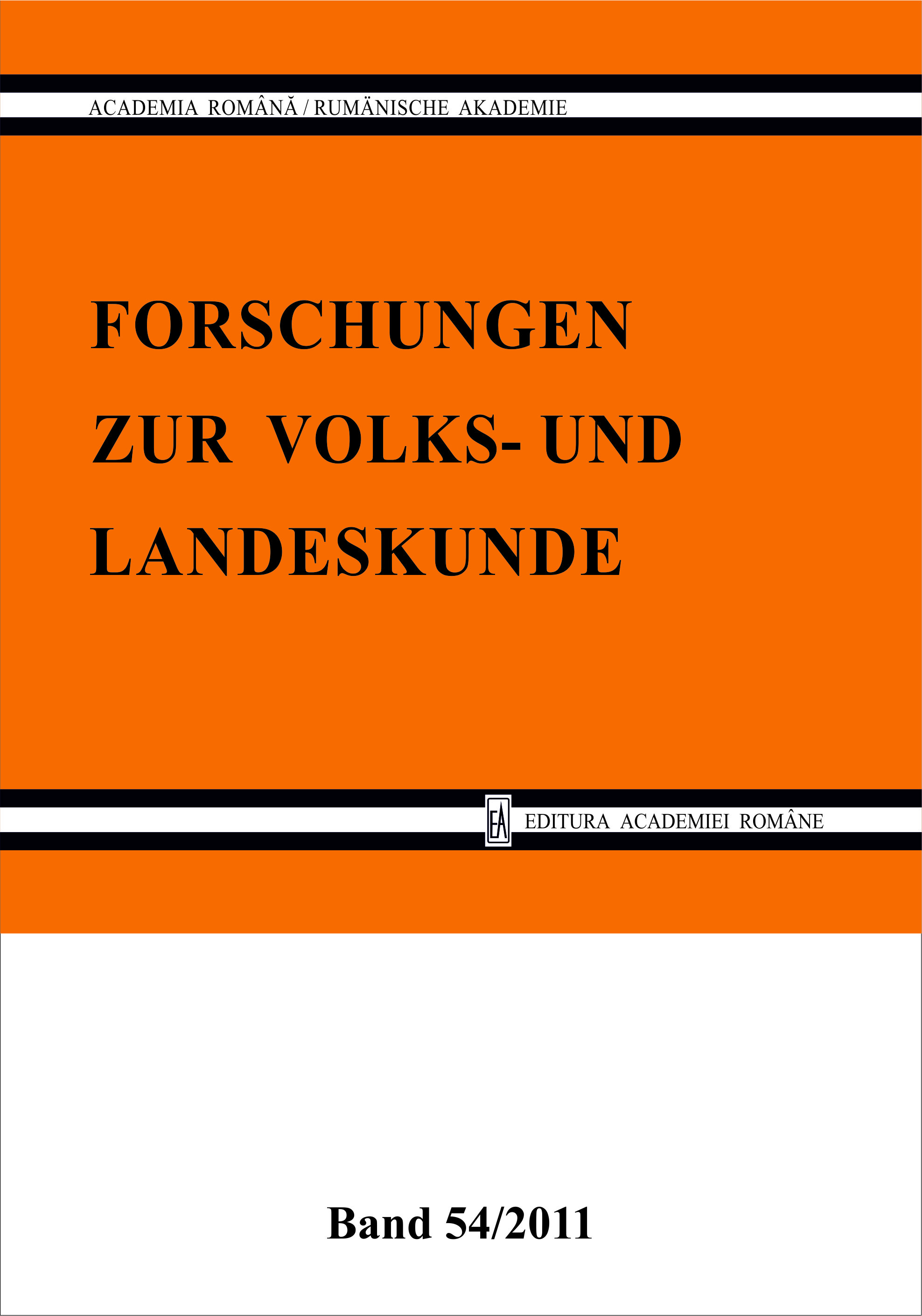Die Verbrüderungsbewegung und Partei "Nemere". Ein besonderer Zeitabschnitt im politischen Leben Kronstadts der 1870er Jahre
The "Nemere" Party and Fraternization-Movement. A Special Moment of the Political Life in Brasov around the Year 1870
Author(s): Stéphanie DannebergSubject(s): History
Published by: Editura Academiei Române
Keywords: Nemere; political party; Transylvania; newspaper; Braşov.
Summary/Abstract: “Nemere” was the name of a Braşov muckraking newspaper from 1871 and also of a political party founded in 1872. The party was created as an anti Saxon coalition. On the 22nd of April 1871two celebrations took place: the Saxons from Braşov celebrated the foundation of the German Empire, while the non-Saxons held a counter-celebration, in fact an “unofficial” anti-Saxon gathering. The alliance of Romanians, Hungarians and Catholic Germans expressed their loyalty towards both, the Hungarian State and the Monarchy. This unexpected fraternization transformed into a political fraction which was very active during the Hungarian parliamentary elections in June 1872. Its program was just opposite to that of the Romanian Passives. As candidates of the “Nemere” the Hungarian minister for communication Ludwig Tisza and the Metropolitan bishop of the Transylvanian Orthodox Church Andrei Şaguna were appointed. Following these nominations, an anti-Saxon political party was also established in Sibiu and candidates for the Hungarian parliamentary elections had been nominated. In Braşov, the elections took place in a fierce atmosphere. The Saxons were accused of having unlawful excluded Romanians from the elections. Actions taken by the Saxons as well as those taken by the anti-Saxons were both continuously covered by the local Braşov newspapers. The “Gazeta Transilvaniei” and the “Siebenbürgisch-Deutsches Tageblatt” mutually reported about election fraud of the respective counter party. After the parliamentary elections, the “Nemere” became quiet. Only sporadic news about the party appeared in the newspapers. It was not before the next parliamentary elections from 1875 when the “Nemere” became active again. This time however, its activities were eclipsed by the growing importance and the success of the Romanian Passives.
Journal: Forschungen zur Volks- und Landeskunde
- Issue Year: 2011
- Issue No: 54
- Page Range: 107-120
- Page Count: 14
- Language: German
- Content File-PDF

